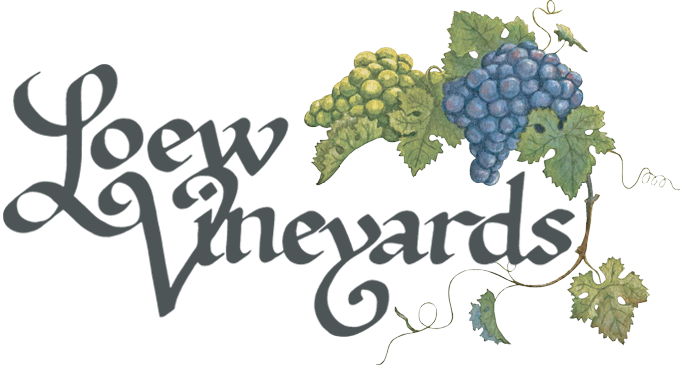I Hope My Grandfather Would Be Proud
April is usually a month filled with complex emotions for me and my family. On the first night of Passover, April 15th, 2022 my grandfather, William Loew, the cofounder and winemaker of our family’s winery passed away at the age of 96.
April is also the month that our family has celebrated my grandfather’s liberation day—April 23rd, 1945—the day that my grandfather was liberated by the 99th Division of the American 3rd army. This was the day that he survived the Holocaust. These two dates are now juxtaposed about a week from each other.
My grandfather was one of my greatest loves. He was my champion and I always wanted to make him proud. Well, I still do.
I often wonder what my grandfather would think of how much our winery has grown over the past three years. What would he think of the wines and meads that we’re creating? Would he think that each of the meads named after his family members actually captures their personalities?
A couple of days ago, we received the results for the 2025 TEXSOM International Competition. For the second time,Tribute Series Malka received a Judge’s Selection and Best in Class medal. This medal was only awarded to 15 products in whole competition (with over 3,000 entries). Malka is a dry traditional mead made in the Polish method and named after my grandfather’s grandmother, Malka Löw. She was the first person in the Löw family to own meaderies in 1870 in Lwow, Poland. It took me years to develop the recipe, having researched old Polish documents on Polish traditional meads. My grandfather was skeptical when I first made it in 2020. He called me when I was already a couple of honey buckets into creating Malka. He said, “Rachel. I heard you are making a honey wine that you didn’t tell me about. We make honey wines with honey and grapes or apples. But, not honey and water. Don’t do it.” He hung up on me and we never spoke about it again.
My grandfather enjoyed traditional meads, but traditional meads in some ways were heartbreaking for him. He was always close to replicating his family’s traditional mead recipes but didn’t succeed. Malka is the closest mead (to my knowledge) to what my family produced in the 1800-1900s. I was so nervous about how Malka would turn out that I didn’t touch the barrel for close to two years. So, one can imagine how gratifying it was that when I first tried it, it was beautiful. I wish my grandfather could have tried Malka; I think he would have loved it.
Who would have thought that Malka would win state, national, and international awards? As much as I would hope that my grandfather would have been proud, I also wonder about Malka. How would Malka have felt to see her name and story depicted through this dry mead? If my grandfather hadn’t survived the Holocaust, we may have never been able to learn about Malka and the legacy that she built in Poland with her husband. That gives our family so much pride—to see her name showcased on an international stage.

